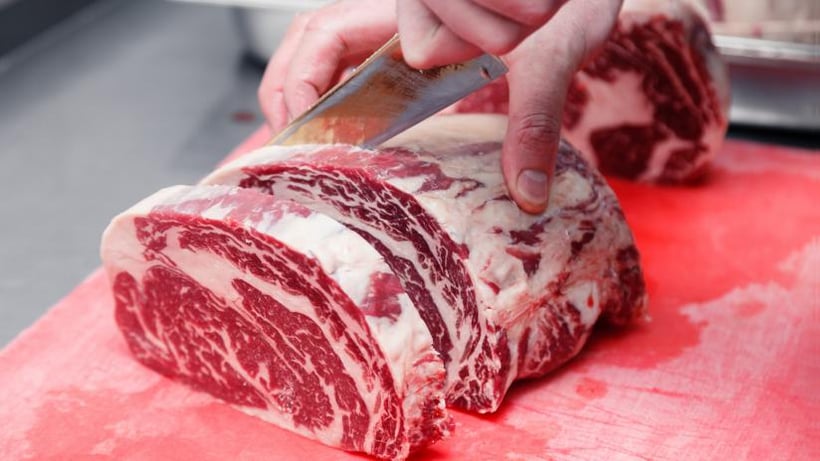
Whether you’re preparing food in a commercial kitchen or at home after your shift, it’s important to ensure you’re taking proper safety precautions to prevent food contamination. Food contamination occurs when food is affected or spoiled by another substance, rendering it unsafe to consume. There are three types of food contamination: physical, which is when an object gets into the food; chemical, which is spoilage due to a chemical substance; and biological, which occurs when food is contaminated by living organisms or the substances they produce.
Food preparation surfaces, like chopping boards, pose a risk for cross-contamination. Cross-contamination is the spread of bacteria, germs or allergens from a food being prepared to one’s hands or to other foods prepped on the same surface. Chopping boards can easily harbour such substances.
Items such as raw meat, chicken and fish can contain bacteria and viruses like Salmonella and E.coli, which are some of the most common causes of food-borne illness. If a cutting board isn’t properly cleaned after preparing such food and before additional food is prepared on the same surface, there is a risk of spreading those germs. Accordingly, it is essential for food handlers to understand how to avoid these risks and prevent cross-contamination on food preparation surfaces.
Chopping Board Safety Tips
Follow these steps when using a chopping board to prevent cross-contamination and ensure safe food handling:
- As wood is more likely to absorb materials, use rubber or hard acrylic boards instead
- Prepare ready-to-eat foods on different boards than those used for raw foods like meat
- Dispose of chopping boards that are scratched and cracked as bacteria can easily hide within the grooves of old boards
- Use different boards for different jobs, such as a black board for raw meat, green for fresh produce and yellow for raw fish
- If you’re not using various boards, clean all chopping boards with hot soapy water every time you use them, especially between preparation of different foods (e.g. after raw seafood, before fresh produce)
- Sanitise all chopping boards either with steam or chemical sanitiser before putting them away
- Allow chopping boards to air-dry or dry with paper towels after washing; tea towels are particularly risky regarding cross-contamination within the kitchen and need to be regularly washed and replaced
Proper food safety training is critical to preventing cross-contamination. The Australian Institute of Food Safety offers a wide variety of courses to educate food handlers, supervisors and managers in proper food safety. For more information, and to find out what programs are available, visit our course page.




